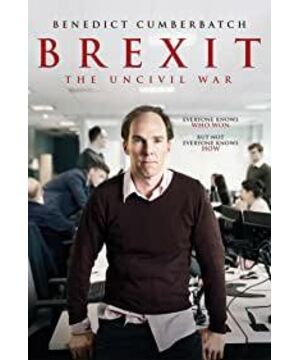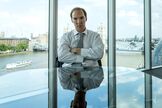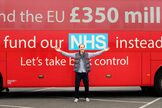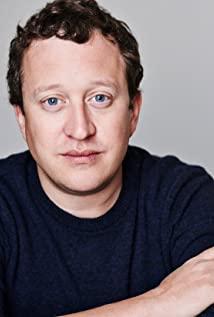What should big data be used for?
We have become accustomed to big data's analysis and prediction of user behavior. Shopping APPs monitor your input method to attract you to consume; takeaway APPs know what you want to eat better than you; rental information can always find you accurately; The road is also recommended by the APP. If big data already knows you better than you, and all randomness is just what you think, what should you do?
The big data operation of enterprises is a competition for users, and there may be a balance of competition in the same industry (including monopoly companies), but if the operation of the state machine also involves big data, will there be such a balance? So is this more democratic or more dictatorial?
Also, how did they obtain their data, did we actively provide it, or did they passively obtain it? Do we want to protect our own data, how to protect it, and whether it is right or wrong to authorize unlimited clicks for each software installation. Zhou said, how to protect personal privacy? First, be a mortal. The data of mortals has no value, and no one will care about you. Second, don't try active defense. Any active defense is useless. Every time you hit the keyboard, there are countless ways to restore it. But now a mortal's political activities have turned up an empire. What exactly should the data be used for?
Think of the famous saying in elementary school politics textbooks: Science and technology is a double-edged sword.
View more about Brexit reviews











